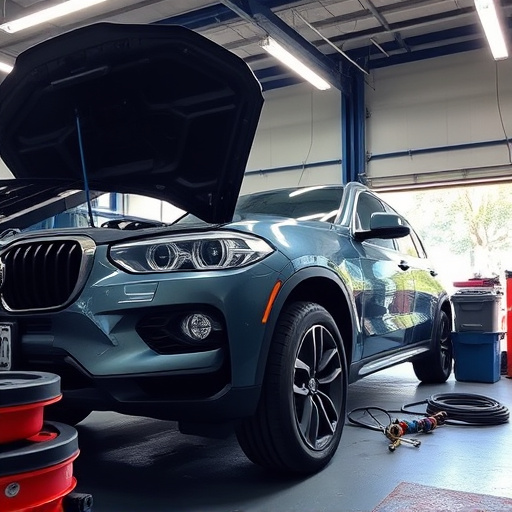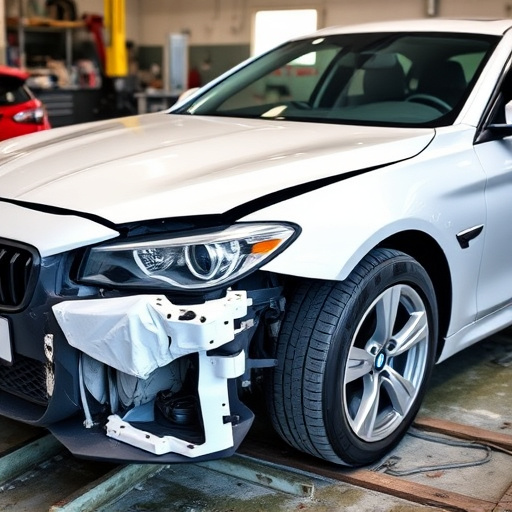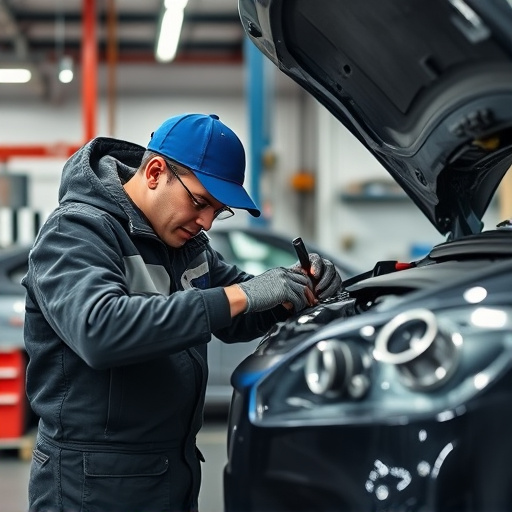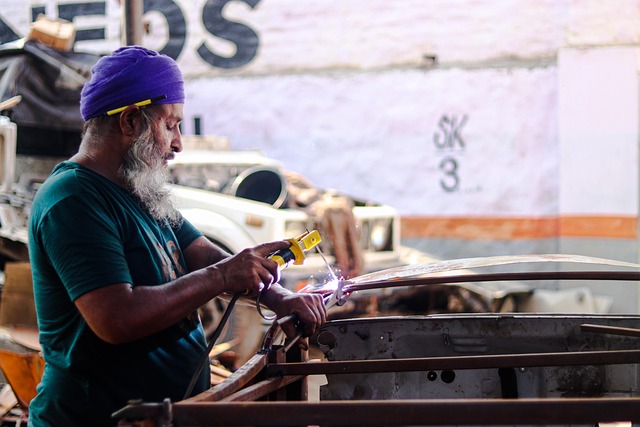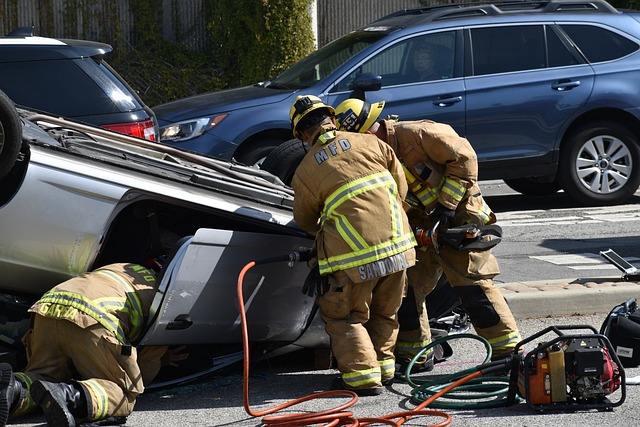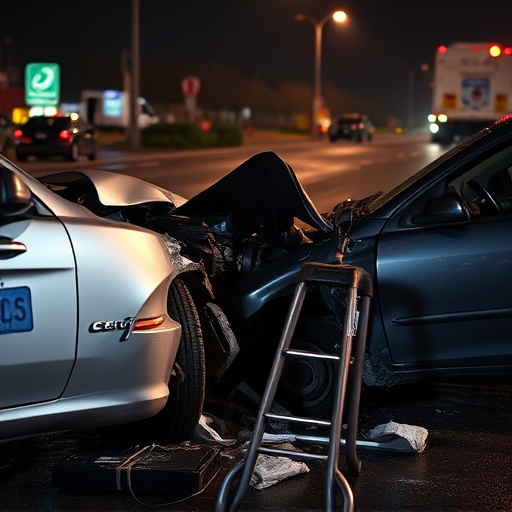Auto glass specialists play a critical role in ensuring vehicle safety and customer satisfaction through strict warranty compliance. Non-compliance carries significant risks, including legal issues, reputational damage, and safety hazards due to weakened glass. These professionals must follow manufacturer guidelines, conduct thorough inspections, use OEM parts, and maintain up-to-date training and records to meet warranty standards. Open communication with customers about coverage builds trust and ensures they receive high-quality, compliant repairs.
Auto glass specialists play a crucial role in ensuring the safety and reliability of vehicles. To maintain their reputation and customer satisfaction, regular warranty compliance reviews are essential. This article delves into the significance of understanding warranty regulations for auto glass specialists, exploring the potential risks of non-compliance and offering best practices to safeguard against them. By adhering to these guidelines, specialists can protect their businesses and deliver top-quality services to their clients.
- Understanding Warranty Compliance for Auto Glass Specialists
- The Impact of Non-Compliance and Potential Risks
- Best Practices for Ensuring Warranty Compliance
Understanding Warranty Compliance for Auto Glass Specialists
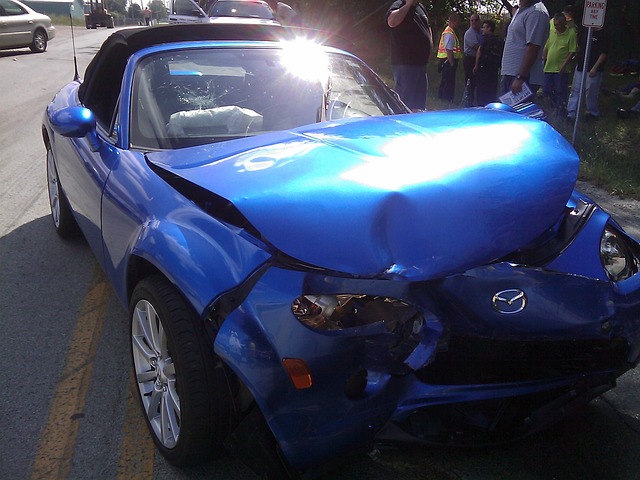
For auto glass specialists, warranty compliance is not just a legal requirement but also a cornerstone of their reputation. Understanding and adhering to warranties ensures that replacement or repair services meet specific standards, guaranteeing customer satisfaction and long-lasting vehicle protection. This is especially crucial in the event of a car collision repair or vehicle dent repair, where structural integrity and safety are paramount.
Auto glass specialists play a vital role in the broader auto collision center ecosystem. By ensuring warranty compliance, they contribute to the overall quality and reliability of repairs. This involves meticulous documentation, adherence to manufacturer guidelines, and staying updated with the latest industry standards. Such practices not only safeguard consumers but also foster trust in the services provided by auto glass specialists across various car collision repair scenarios.
The Impact of Non-Compliance and Potential Risks
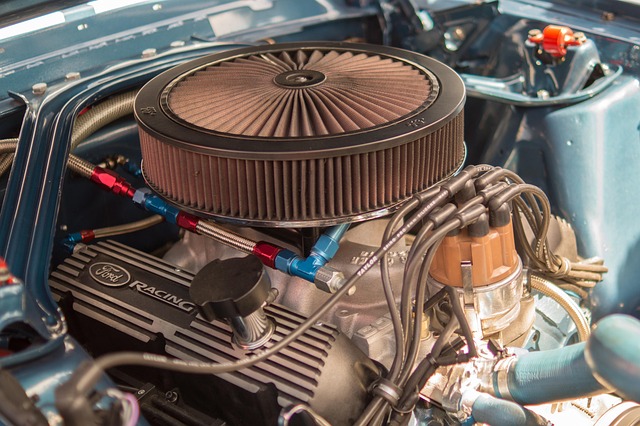
Non-compliance with warranty terms by auto glass specialists can have significant implications for both the business and its customers. When a specialist fails to meet the standards set by the manufacturer, it can lead to various issues that may seem insignificant at first but can compound over time. For instance, using subpar materials or improper installation techniques might result in weakened glass that is more prone to shattering under pressure, posing a serious safety hazard for drivers.
Moreover, non-compliance introduces potential risks related to legal liabilities and reputational damage. Customers who experience issues with their auto glass repairs, such as leaks, poor fitment, or premature deterioration, may file complaints or seek refunds. This not only hampers the specialist’s business but also reflects poorly on their professional integrity in the automotive repair industry, including sectors like auto dent repair and car scratch repair. Maintaining warranty compliance is, therefore, a critical aspect of ensuring customer satisfaction and safeguarding the interests of all parties involved.
Best Practices for Ensuring Warranty Compliance
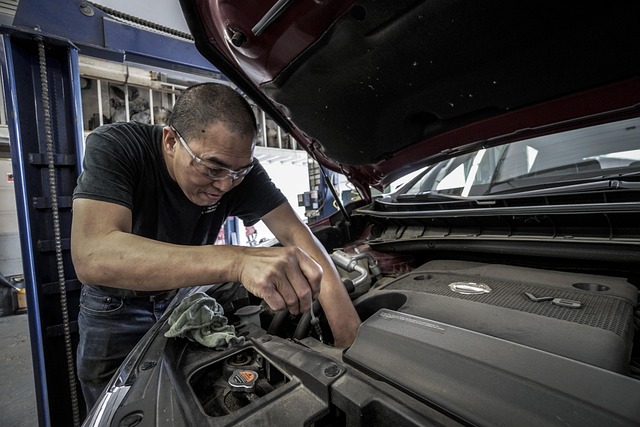
Auto glass specialists play a crucial role in ensuring warranty compliance, which is vital for maintaining customer satisfaction and reputation. To achieve this, they should adopt best practices such as staying updated with manufacturer guidelines and conducting thorough inspections before and after repairs. This includes verifying that only original equipment manufacturer (OEM) parts are used, as specified by the vehicle’s warranty.
Regular training on warranty policies and procedures is essential for auto glass specialists to stay informed about any updates or changes. Moreover, maintaining detailed records of all repair work, including part numbers and installation methods, helps in demonstrating compliance should any issues arise. In a vehicle body shop or car body repair center, open communication with customers regarding warranty coverage and limitations also fosters trust and ensures they receive the best possible service within the given guidelines.
Auto glass specialists play a crucial role in ensuring vehicle safety and customer satisfaction. Regularly reviewing warranty compliance is essential to mitigate potential risks associated with non-compliance, such as financial penalties and damaged reputations. By adopting best practices, including staying updated on industry standards, maintaining meticulous records, and fostering open communication with manufacturers, auto glass specialists can provide peace of mind to their clients and drive business growth.
